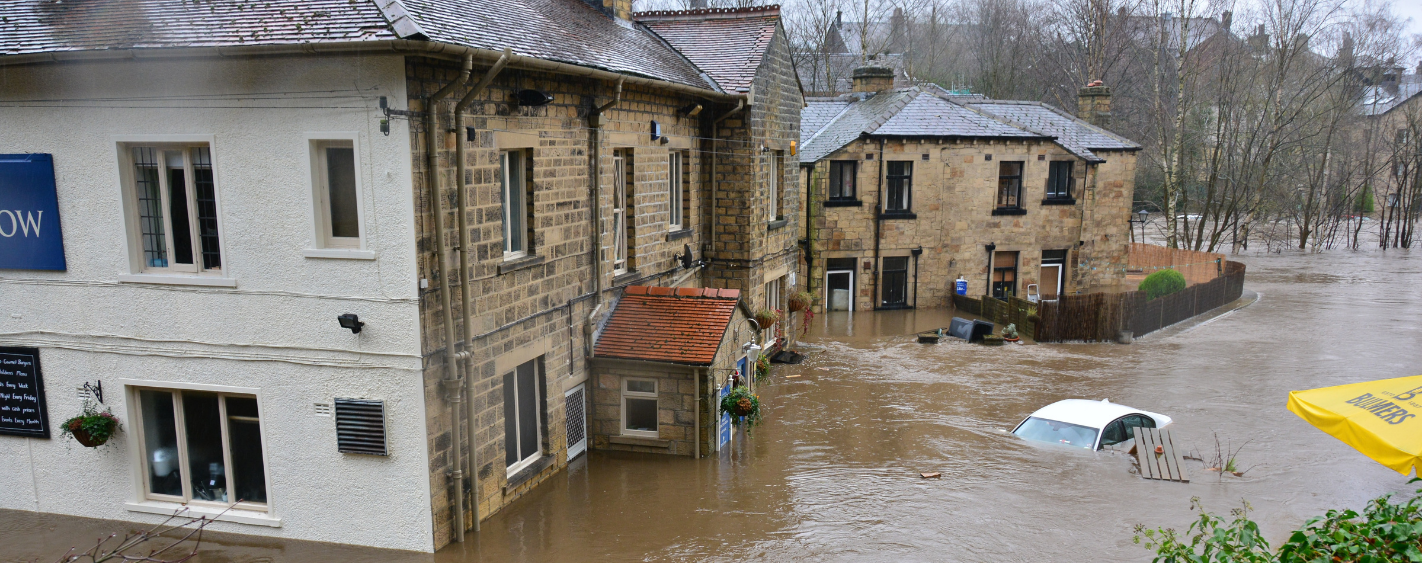
Early this year, the United Nations Intergovernmental Panel on Climate Change (IPCC) released its latest findings: Multiple lines of evidence demonstrate the unequivocal impact of climate change on people and natural systems around the world. Moreover, the Earth’s climate will continue to warm even under the most aggressive greenhouse gas emission reduction scenarios. And as temperatures rise, both acute hazards – such as heat waves and flooding – and chronic hazards – like drought and rising sea levels – will intensify and worsen. 2020 was one of the warmest years on record and despite a global drop in emissions, carbon emissions in the atmosphere rose and reached a record high. And the pandemic only exacerbated the effects of extreme weather and climate events, elevating food insecurity, further impacting human health and wellness, slowing humanitarian assistance and complicating disaster risk reduction efforts. They conclude with a call to action: We must dramatically reduce greenhouse gas emissions and prepare for the physical impacts of climate change.
To help address this need, Arc recently introduced new Climate Risk tools that allow users to understand, track and manage climate risks associated with their buildings and portfolios. The Climate Risk tools help asset manager, owners and other stakeholders comply with new reporting expectations, such as recommendations from the Financial Stability Board Task Force on Climate-Related Financial Disclosure (TCFD).
Introducing Arc Climate Risk
Arc is pleased to announce a new partnership with Moody’s ESG Solutions that brings additional capabilities to the Arc Climate Risk. Moody’s ESG Solutions, an affiliate of Moody’s and a leading publisher of data and analysis related to physical climate and environmental risks, helps organizations navigate the financial and social impacts of climate change and seize new opportunities for value creation. Arc Climate Risk users can use the Climate on Demand web service to evaluate exposure to floods, heat stress, hurricanes and typhoons, sea level rise, water stress, wildfires and more.
These new capabilities allow Arc Climate Risk to serve as a truly global platform to understand transition and physical risk. Any facility, anywhere in the world can use Climate Risk to understand its progress toward decarbonization and receive detailed, site-specific information about multiple current and future hazards. This information is accompanied by national and global benchmarks that help analysts understand and interpret relative risks and opportunities.
Arc Climate Risk will have the option to use Moody’s ESG Solutions alongside Arc’s Carbon Score and Electrification Score.
